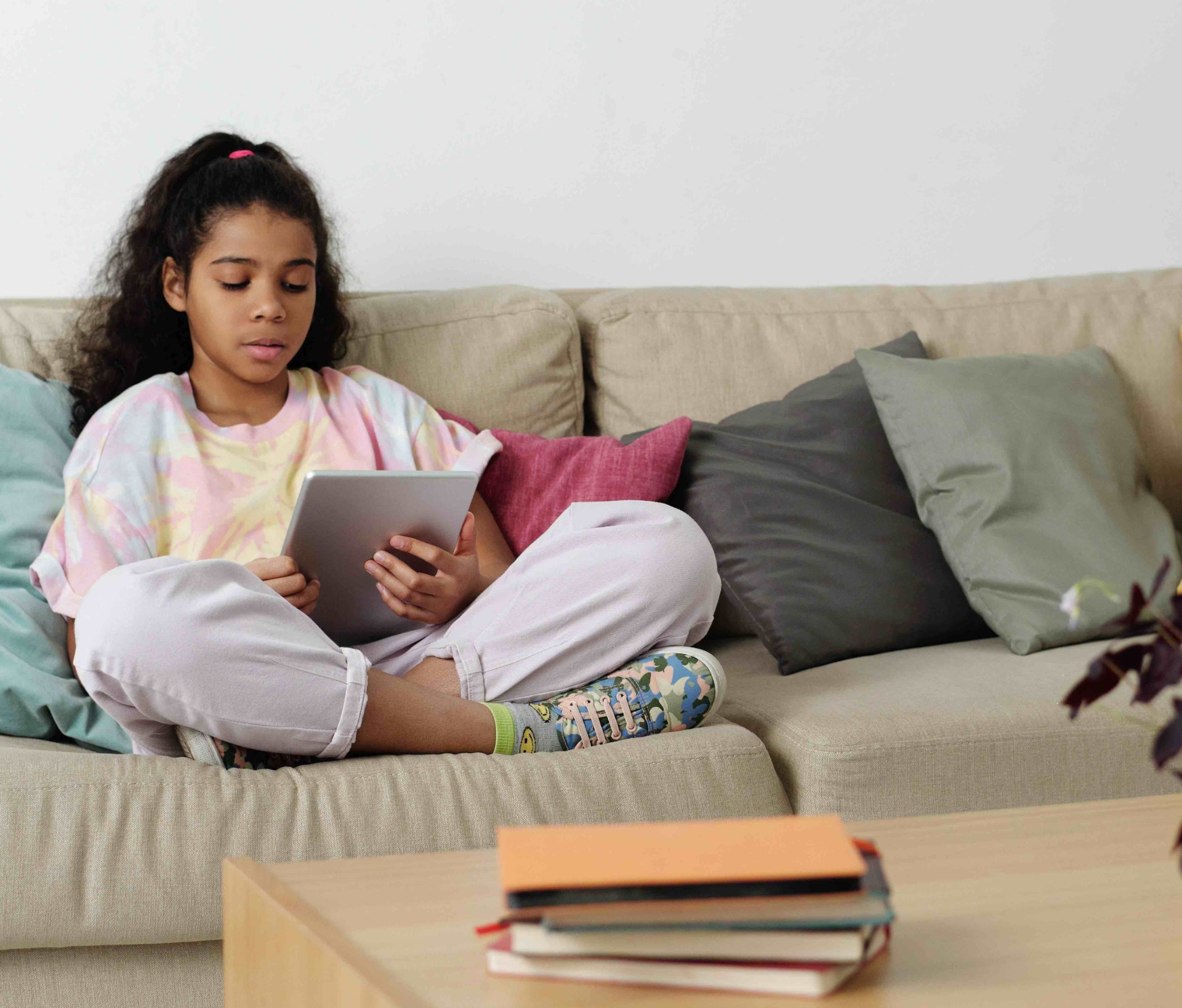Pandemic Learning Slide

Education researchers and policymakers are scrambling to determine the impact of pandemic school shutdowns on student learning outcomes. Projections made in summer and early fall 2020 - which relied on historical trends and prior research due to a lack of recent assessment data - predicted devastating learning losses of as much as a full year by fall 2020 for some students. The most severe estimates applied the typical summer learning loss experienced by less advantaged children (the "summer slide") to the entire time period between when schools abruptly shifted to remote learning in the spring and the opening of school in the fall. There is also some debate about the appropriate way to gauge a "day" of learning loss, which is the unit used in education to discuss gaps.
Some groups that issued earlier reports are now revising their projections and others are adding their voice to the conversation as more information becomes available. For example, preliminary data from the fall 2020 NWEA MAP Growth assessment indicates learning declines may not be as steep as initially predicted. Overall, students in grades 3 - 8 taking the MAP assessment scored roughly the same in reading as the similar group in fall of 2019, and scored between 5 and 10 points lower in math. Preliminary results from Renaissance Learning (Star assessments) show a similar pattern of students holding their own in reading and losing ground in math. However, experts warn that this early result may be misleading. Nearly 1 in 4 students were missing from schools when the baseline MAP assessment was administered, and missing students were disproportionately from disadvantaged backgrounds. Renaissance Learning reported that Black, Hispanic, American Indian and students in schools serving largely low-income families fared worse put the pandemic so far hasn't widened existing achievement gaps.
Here are a few links to catch you up on the Pandemic Learning Loss conversation:
- A Nov 2020 update to the May 2020 NWEA report and related Nov 30 AP news story
- Renaissance Learning's fall 2020 report
- A December 8 article updating a spring projection made by the consulting firm McKinsey & Company
- An October 6 Chalkbeat article discussing different learning loss projections
- An academic article in the journal Educational Researcher comparing different learning loss projection methods
So what does this all mean for middle school science? It's hard to predict. Testing schedules for K-8 science are less frequent than they are in reading and math, so it may take years to document the effect, plus, changes in state assessments due to the recent adoption of standards aligned with the Next Generation Science Standards in many states mean comparisons to past performance is tricky.
Will we go back to the old "no child left behind" days of chasing test math and reading test scores at all cost once the pandemic has passed? I hope not, but it's clear that students need fundamental math and literacy skills in order to fully engage in science, and gauging where students are with these fundamental skills will be an important part of our collective recovery. I guess time will tell!